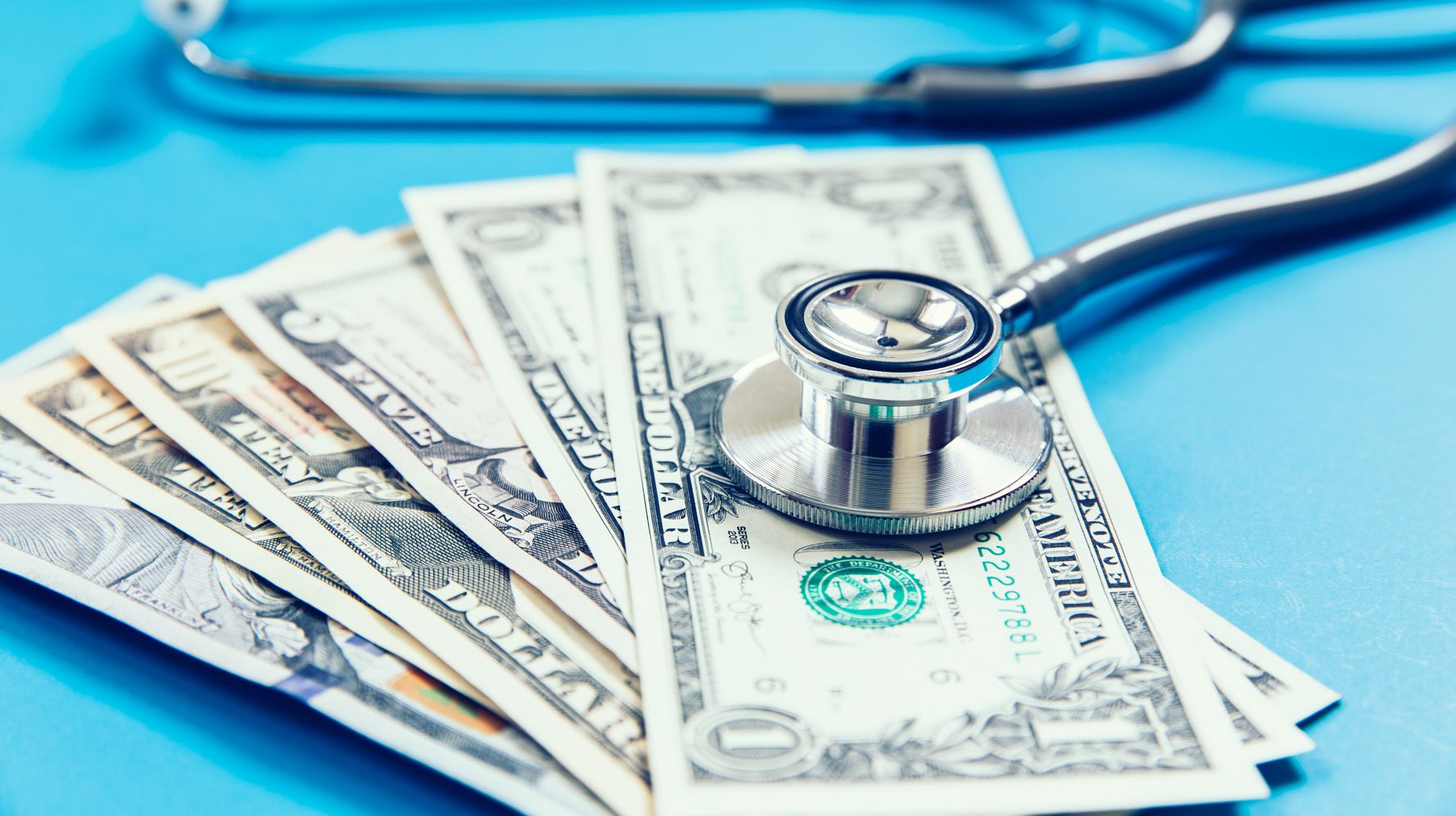[ad_1]

House Democrats introduced the Raise the Wage Act on Jan. 16, which would raise the hourly federal minimum wage from $7.25 for most workers to $15 by 2024. Rep. Bobby Scott (D-Va.), one of the co-sponsors of the bill and the chairman of the House Committee on Education and Labor, stated, “No person working full-time in America should be living in poverty.â€
For years, arguments in favor of raising the minimum wage have focused on providing American workers a living wage. A full-time worker making $7.25 per hour would only earn approximately $15,000 per year, a figure that is uncomfortably close to the federal poverty level. And nearly 2 million American workers earn the federal minimum wage or less.
But a minimum wage increase would have other benefits as well. Namely, such a hike would vastly improve the health of millions of Americans ― and as a physician, I am particularly intrigued by its potential to help my patients.
Raising the minimum wage would positively impact our nation’s health in a number of ways. For one, it could help curb this country’s nicotine addiction. I’m a radiation oncology resident, so I see tobacco’s consequences every day in the form of cancer patients. Nearly 40 percent of newly diagnosed cancers and 30 percent of cancer deaths in the United States are linked to tobacco use, and smoking raises the risk of a variety of other serious diseases like coronary artery disease and chronic obstructive pulmonary disease.
So how does this threat to public health tie in to a need to raise the minimum wage? Studies link higher minimum wages to lower smoking rates. A 2018 review of 15 studies from the U.S., Canada and Europe found each $1 increase in the minimum wage was associated with a 1.4 percent drop in the smoking rate. Male and less-educated workers may see the biggest benefit; a 2015 study found that a 10 percent increase in wages was associated with smoking rate decreases of 5.5 percent and 4.6 percent, respectively, among these workers. Why the connection? The 2015 study authors speculated these workers may more closely associate wages with self-esteem and depression, which may help predict smoking cessation.
The benefits of a minimum wage increase are so great that even President Trump has advocated for one in the past.
But the benefits of minimum wage raises are not limited to lowering smoking rates. In 2014, the Congressional Budget Office estimated that increasing the minimum wage to $9 or $10.10 per hour would bring 300,000 or 900,000 Americans out of poverty, respectively. A 2017 study by the Institute of Labor Economics found an even greater impact, estimating that raising the minimum wage to $12 per hour would bring 6.6 million Americans out of poverty. Poverty restricts a person’s access to essential commodities like housing, food and health care. It also raises the stress levels of children and adults, which, among other things, has a toxic impact on brain and hormonal development and function. Combined, these factors can have a devastating impact on human health. Research has shown that chronic poverty raises the risk of a variety of maladies, including cancer, diabetes, heart disease, lung disease, obesity, substance abuse and stroke. Raising the minimum wage could help lower the incidence of these devastating diseases by bringing Americans out of poverty.
A minimum wage increase would also help improve newborn health. A 2016 study found that a $1 increase in a state’s minimum wage above the federal level was associated with a 4 percent drop in infant mortality and a 1-2 percent drop in the rate of infants born with a low birth weight. All told, the authors found that such an increase in each state’s minimum wage would lead to 518 fewer infant deaths and 2,790 fewer infants born with low birth weights nationwide. And since low birth weight infants can face long-lasting neurocognitive effects, the impact of a minimum wage increase on American society would be seen for years to come.
Lastly, raising the minimum wage would help lengthen Americans’ life spans. A 2016 study found a linear relationship between income and life expectancy among men and women in the U.S. from 2001 to 2014. And the difference in life expectancy between the richest 1 percent and poorest 1 percent of Americans was astonishingly large: 14.6 years for men and 10.1 years for women. Given all that researchers know about the relationship between wages, poverty and health, it’s not unreasonable to expect that even a modest rise in the minimum wage could result in substantial gains in the life expectancies of affected workers.
House Democrats would be wise to maintain their focus on a minimum wage increase in the face of all the distractions and political obstacles they’ll surely encounter during the 116th Congress. They won House control by focusing on health care, and increasing the minimum wage could serve as yet another tool in improving America’s health. Moreover, 42 percent of American workers make less than the Raise the Wage Act’s proposed target of $15 per hour, underscoring the profound impact a minimum wage increase could have on the finances and health of a large number of Americans.
The benefits of a minimum wage increase are so great that even President Donald Trump has advocated for one in the past. And though the prospects for an agreement with a mercurial president are poor, Democrats cannot abandon their goal of a higher minimum wage for America’s workers given the many potential health benefits.
Kunal Sindhu is a resident physician in New York City. You can follow him on Twitter @sindhu_kunal.
Calling all HuffPost superfans!
Sign up for membership to become a founding member and help shape HuffPost’s next chapter
[ad_2]
Source link





